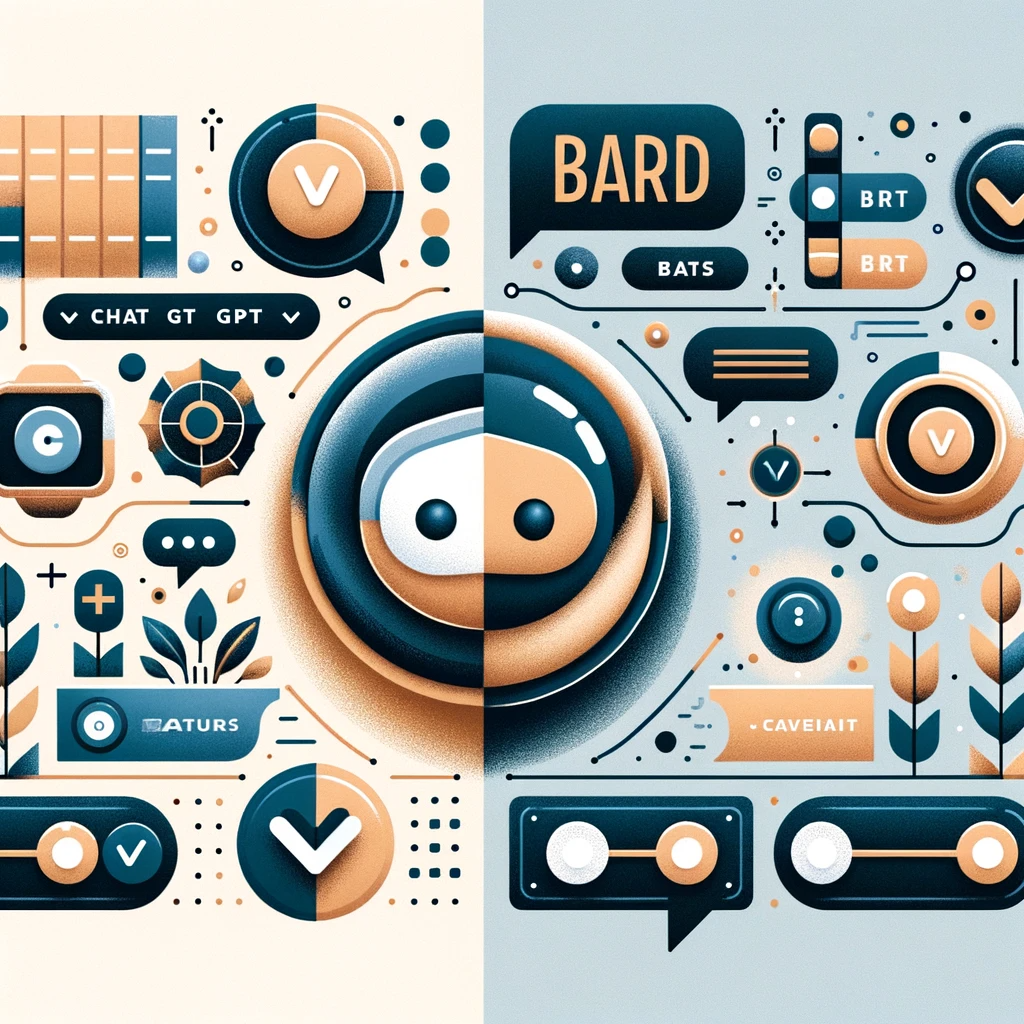OpenAI's beloved AI chatbot is breaking out of the text box. Now, it's learning to understand your queries in new ways.
Most changes to ChatGPT have focused on what the AI bot can do—answering questions, accessing information, and refining underlying models. This time, OpenAI is tweaking how you interact with ChatGPT itself. They're rolling out a new version that lets you command the AI bot not just by typing but also by speaking or uploading an image. These features are being deployed to paying ChatGPT users over the next two weeks, with wider availability coming "soon," according to OpenAI.
The voice chat feature is quite familiar: you tap a button, ask your question aloud, ChatGPT converts it to text, feeds it to the large language model, gets a response, converts it back to voice, and replies aloud. It should feel like conversing with Alexa or Google Assistant, but OpenAI hopes for superior responses due to enhanced underlying technology. Whisper, OpenAI's excellent model, handles much of the voice-to-text conversion, and the company is introducing a new text-to-speech model claiming to generate "human-like audio" from text and a few seconds of voice samples. You'll choose ChatGPT's voice from five options, and OpenAI sees broader applications beyond this. OpenAI is working with Spotify to translate podcasts into other languages while preserving the podcaster's voice. These synthetic voices present exciting possibilities but also raise ethical concerns, and OpenAI acknowledges the need for careful control and restriction in specific use cases.
💡 For Entrepreneurs: ChatGPT's new capabilities offer exciting opportunities for voice interaction and synthetic voice generation. If you're in the tech field, consider how you can leverage this technology to create more immersive user experiences or develop customized voice solutions for your clients. However, be mindful of potential risks and the necessity for ethical use, as the technology poses security and privacy challenges that must be carefully addressed in any related entrepreneurial endeavors.
Source: The Verge

Google Podcasts to Shut Down in 2024, Listeners Moved to YouTube Music
News: Google announced this morning that it will shut down its Google Podcasts app by late 2024 as part of its broader transition to move its streaming audience to YouTube Music. The company earlier announced this year that YouTube Music would start supporting podcasts in the U.S., expanding globally by year-end. Google plans to increase its investment in the podcast experience on YouTube Music, making it a more appealing destination with features focused on discovery, community, and transitioning between audio and video podcasts. This move reflects user behavior, as about 23% of weekly podcast users in the U.S. already use YouTube most frequently, compared to only 4% for Google Podcasts.
To assist users in transitioning to YouTube Music, the company will provide a migration tool for Google Podcasts users and the ability to add podcast RSS feeds to their YouTube Music library, including shows not currently hosted on YouTube. These migration tools are not yet available but will be worked on in the coming weeks and months before being rolled out to all users.
Additionally, Google will support the option to download an OPML file of podcast subscriptions from Google Podcasts, which users can upload to any application supporting import if they prefer not to switch to YouTube Music.
"We know this transition will take time, but these efforts will allow us to build an amazing product and a single destination that rewards creators and artists and provides fans with the best podcast experience," explained a blog post on YouTube. "For now, nothing is changing, and fans will continue to have access to YouTube, YouTube Music, and Google Podcasts. We are committed to being transparent in communicating future changes with our users and podcasters, and we will have more to share about this process in the coming months," it added.
Google has been gradually moving users away from older products to make YouTube Music more competitive with Spotify, Apple Music, Amazon Music, and others. In 2020, YouTube Music offered a similar transition strategy to move music listeners away from Google Play Music before its closure that year. However, podcasts are a more complex product because many users turn to YouTube itself to listen to podcasts, not the dedicated Google Podcasts app. Meanwhile, YouTube Music had not been ready to support podcasts until more recently.
💡For Entrepreneurs: This news underscores the importance of adapting to changing market trends. Entrepreneurs in the podcast and digital music industry should stay vigilant about how major companies like Google are evolving to cater to user demands. This can also open up opportunities for new services and apps that focus on content migration from one format to another or enhancing the user experience in the podcast and music space. The ability to quickly adapt to consumer preferences is key to success in this ever-evolving industry





